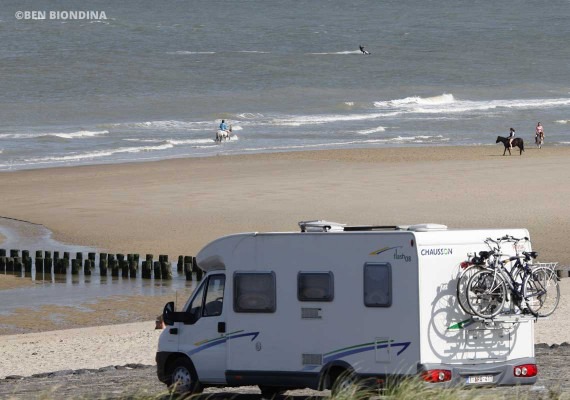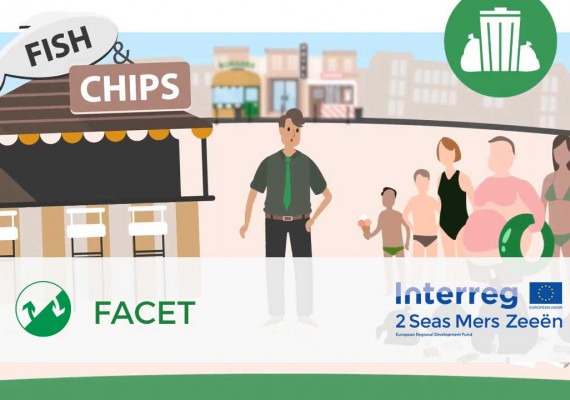FACET
Facilitate the Adoption of Circular Entrepreneurship in the Tourism and leisure sector
Priority Axis
Resource Efficient EconomySpecific objective
Circular Economy
Lead partner
NV Economische Impuls ZeelandContact
Date de début
01/01/2020Date de fin
31/03/2023Project budget
4 215 015 €ERDF amount
2 529 009 €ERDF rate
60%À propos
Common challenge
Tourism plays a strong role in the regional economies of the 2 seas area and according to the UN World Tourism Organisation tourism will increase from 5 to 8% yearly in the 2 Seas Member States. Besides income, tourism also brings mass consumption of resources (Tourism Watch estimated global increased consumption is 92% water, 189% land ) which could strain the already limited resources of the region where tourism and other sectors compete. Tourists also tend to produce more waste than locals (European Environment Agency in Tourism and the Environment 2018), further increasing the challenge (in particular due to the seasonality) of waste and waste processing. Although demand for sustainable tourism increases, and some entrepreneurs are starting to look for circular solutions, the general approach in tourism remains linear, in part because entrepreneurs lack the knowhow on how to switch to the circular approach needed to ensure that tourism continues to be economically beneficial.
Overall objective
Main outputs
Cross border approach
Main Achievements
Despite the slow recovery of tourism in the 2 Seas area from COVID-19, the FACET project has continued to make progress towards project delivery and outputs. Partners witnessed the validation of the joint purchase cooperation model, the completion of 2 cross-border CE support group meetings, and completion of strategy and recommendations for the creation of territorial circular support groups. The 3 white papers have been completed and distributed through the project wiki and project partners. The University of Greenwich also developed a 10-Year Circular Economy Action Plan for the 2 Seas Region. They have also helped FACET partners to conduct pilot monitoring & evaluation, transferability assessment and produced draft reports for partners. Partners successfully rounded up 30 pilots (20 in the Netherlands and 10 in Belgium). 15 of them already implemented, and more will follow in the coming time. In addition, thanks to several pilot showcases and various communication moments, these pilots really have inspired other stakeholders in the 2 Seas area to go circular in the near future as well.
The bio-circular accommodation is completed, and it is being used already for some events and gatherings. The interior design is also continuing to take shape but promises to continue the trend of the main structure to create a functional and circular space. Continuing on the success of last year, the De Paardenkreek dyke suites have been in rental for a year and a half and guests are very satisfied. Over 50 entrepreneurs have visited the site and at least 5 intend to build circularly. Norfolk County Council has seen the final installations of waste infrastructure to double capacity on the seafront, and a positive response from local authorities on business facing waste reduction pilots. We have disseminated information about the project to local and international audiences via external presentations, articles, our project website, and newsletter. The partners hosted a hybrid FACET final conference, and the project wiki is also being finalised. All project partners have continued their respective communication responsibilities and there are exciting local and international communication events being planned for the future.
Testimonial
“a big portion of our work was done to understand the transferability of pilots in different locations. Any circular solution will have a greater impact if there is a higher possibility of transferability and having the collaboration of FACET project partners allowed for this to be successful.”


